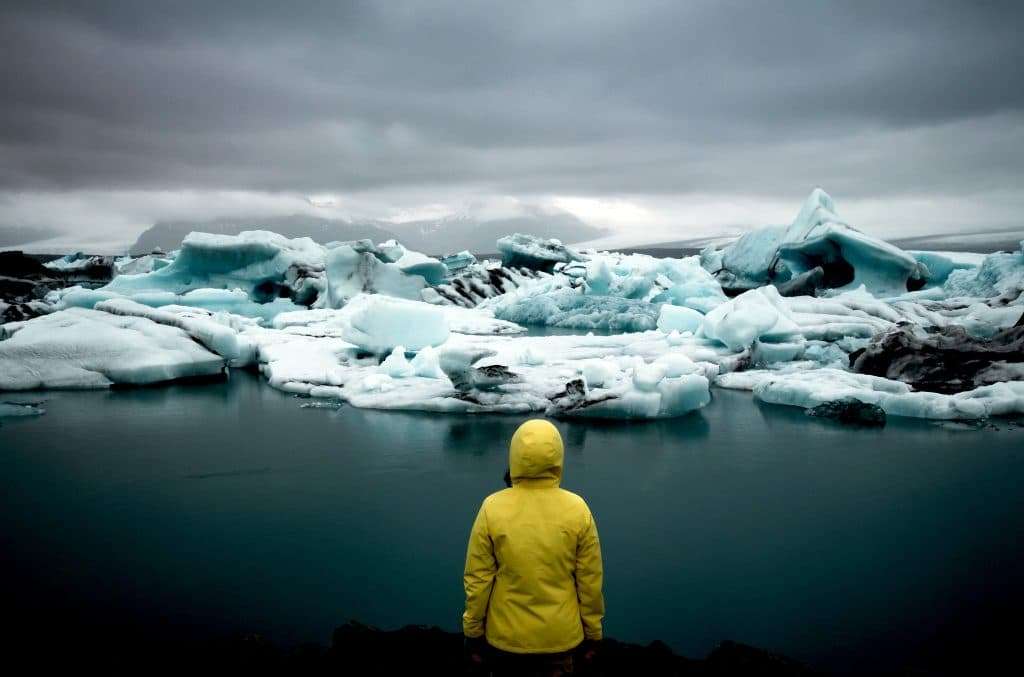At least 25 percent of corporations that have set science-based targets for reducing emissions aren’t talking publicly about them. It’s called greenhushing, and greenwashing is to blame.
A report published by the global research firm South Pole last year found an increasing number of companies are working toward net-zero commitments using science-based targets. Seventy-five percent of the surveyed companies have increased their budgets to reach net-zero targets in the last year.
It’s notable progress, particularly as demands for corporate and government actions on climate change are at an all-time high. But as many as 25 percent of these companies are not talking publicly about their progress, according to the report.
Net-zero targets widespread
Of the more than 1,200 large companies that South Pole surveyed, nearly all have set science-based emission reduction targets, or are gearing up to announce those plans within the next year. But a surprising number — at least 25 percent — are keeping quiet about their efforts, fearing backlash and scrutiny, particularly in the event of missed or delayed targets.

“We see that sustainability-minded businesses are increasingly backing up their targets with science-based emissions reductions milestones, which is absolutely the right approach,” Renat Heuberger, CEO of South Pole, said in a statement accompanying the report. “But if a quarter today aren’t coming forward with details on what makes their target credible, could corporate green-hushing be spreading?”
South Pole reports that ahead of the 2021 COP26 climate summit, hundreds of companies set net-zero targets and published them in high-profile campaigns. “Corporate ambition has not waned since,” the organization says. The latest report’s findings confirm that companies are continuing to set these targets and increasing budgets to support them. “Yet just one year later, ahead of COP27, this growing reluctance to publicise science-aligned climate targets raises questions around why some companies do not want to make their goals widely known.”

Keeping quiet on net-zero targets doesn’t just reduce the risk of public scrutiny; it also limits knowledge and resource sharing, two factors critical to more companies and organizations taking similar steps to reduce their impact, South Pole says.
Companies say they are continuing to increase their net zero climate commitments largely in response to customer pressure, the report finds. But even while consumers are coming to expect this as the new normal, withholding information on progress makes it more difficult to earn consumer support.
‘Honest conversations’
South Pole says honest conversations about both the victories and challenges of reaching net-zero goals are vital, particularly as greenwashing, litigation, and direct action are on the rise.
More than 33 percent of the companies surveyed said achieving their net-zero targets has proven more difficult than expected. For those who said they aren’t on track, the companies reported plans to scale up “significantly” over the next year.
Seventy-five percent of companies surveyed said they have increased their net-zero budgets since last December. Many are also increasing staff and investing in upskilling internal teams rather than outsourcing consultants — a move that shows long-term investments in sustainability commitments.

“Corporate climate action is a necessary and welcome ingredient to slowing the climate crisis,” Renée Morin, Chief Sustainability Officer at eBay, said in a statement. “If more businesses lead from the front by speaking openly about their goals, this will spur the many others out there who are yet to set company targets — ideally ones that are aligned with science.”
IPCC climate assessment
In its recent climate assessment report, the Intergovernmental Panel on Climate Change (IPCC) called for urgent efforts to reduce greenhouse gas emissions including carbon dioxide and methane, among others, and noted that pushing past the 1.5°C global temperature threshold is likely, even if only temporarily.
“These IPCC assessments clearly state that human-induced climate change is widespread, rapid, and intensifying,” IPCC chair Hoesung Lee said during the opening of the 57th Session of the IPCC in Geneva last month.
“It is a threat to our well-being and all other species. It is a threat to the health of our entire planet. Any further delay in concerted global action will miss a rapidly closing window to secure a liveable future,” Lee said.
Heuberger says the speed at which we are overshooting our planetary boundaries is “mind-blowing.”
“More than ever, we need the companies making progress on sustainability to inspire their peers to make a start,” Heuberger says. “This is impossible if progress is happening in silence.”
Related on Ethos:


